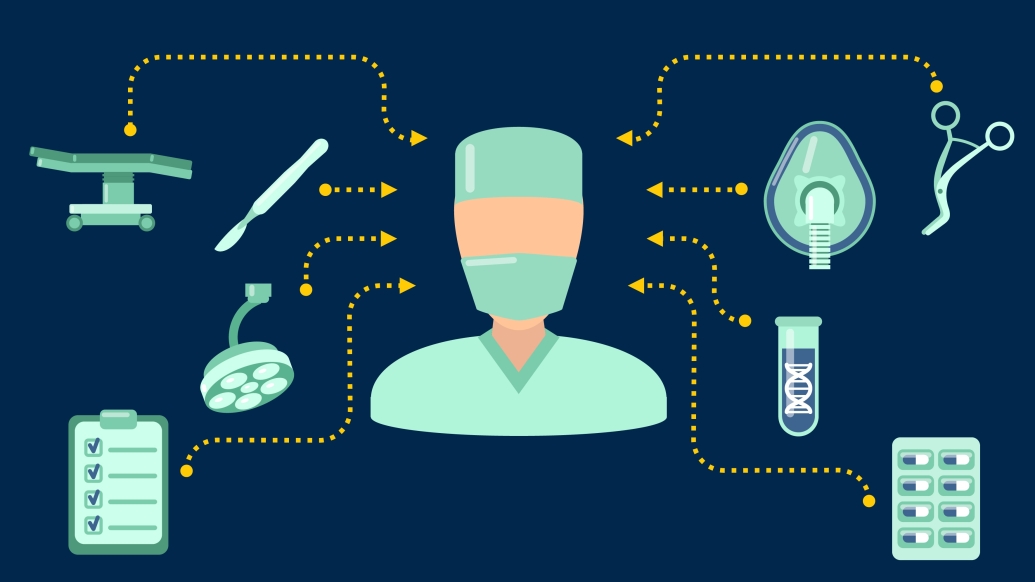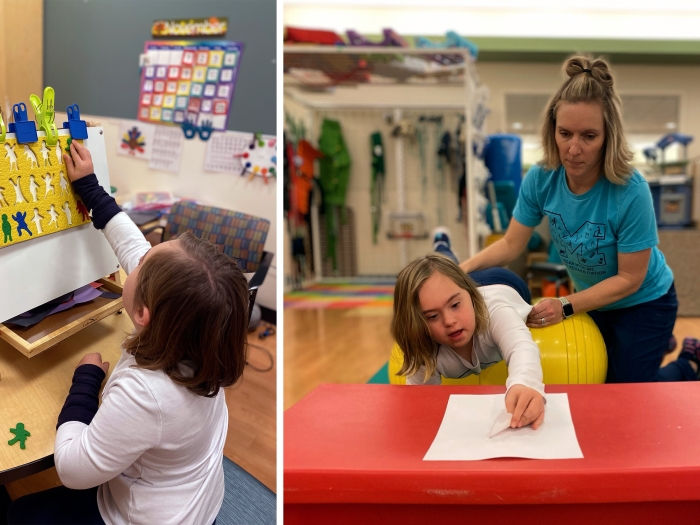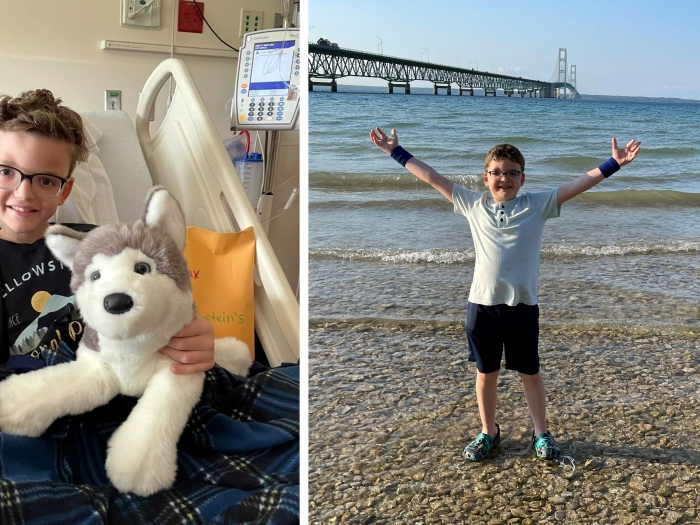It matters how many times a pediatric surgeon has performed a procedure, a new study says. But that isn’t the only factor parents should consider.
4:14 PM
Author |

Some pediatric surgeons may not be doing enough rare or complex procedures on an annual basis to properly maintain their skill sets, according to a Journal of the American Medical Association study published last month that examined the case volumes of doctors in the recertification process.
"It is recognized that the number of operations you do is an important aspect in some areas of surgery," says Ronald Hirschl, M.D., co-author of the study and the head of pediatric surgery at C.S. Mott Children's Hospital. "Our hope is that these data stimulate discussion on the level of ongoing expertise required for safe and effective care of children."
The study, which tracked 308 general pediatric surgeons applying for certification renewal between 2009 and 2013, focused on 21 key procedures that pediatric surgeons in training are required to learn and perform before operating independently.
It found significant gaps in their collective work history.
Among them, in the preceding year:
-
37 percent of those surveyed had not performed a single surgery to remove a tumor called neuroblastoma — a cancer of the adrenal glands typically found in young children.
-
42 percent hadn't performed a spleen operation.
-
60 percent had not performed liver surgery for biliary atresia, the most common form of liver disease in newborns.
For a number of the specific pediatric surgeries deemed as rare, the average annual number performed was less than two.
The most routine pediatric general surgery case performed was appendectomy. That, the study found, was followed by treatment of traumatic injuries (20) and groin hernia repair in infants 6 months old and younger (15).
An abstract of the study deemed the results "concerning." But Hirschl says that data alone don't tell the whole story.
Our hope is that these data stimulate discussion on the level of ongoing expertise required for safe and effective care of children.Ronald Hirschl, M.D.
Looking beyond numbers
Hirschl maintains that quantity shouldn't be the only factor in determining one's preparedness. Just because a doctor might not perform a certain surgery in a given period of time doesn't negate his or her qualifications.
"These problems occur rarely — the anomalies, the abnormalities in newborns," Hirschl says. "They're not very common, so the number that any individual surgeon will perform is not very great."
Many situations also arise from unplanned emergencies that might be delegated to whichever surgeon is on duty — which means that the surgeon on call needs to be able to handle them, Hirschl notes. "And that's what pediatric surgeons are trained to do: Operate on complex problems, many of which occur rarely."
The study did not measure how patients whose surgeons had higher numbers of procedures fared compared to treatment from less experienced ones. Nor did it make conclusions about potential quotas that could serve as benchmarks. "We don't know what the optimal number is," Hirschl says.
Need for practice, discussion
How can doctors stay up to date?
One way, the study suggested, is with simulation-based training using 3-D models designed to imitate the intricate internal structures of children and infants.
"Continued exposure is necessary to maintain proficiency," says Hirschl. "There are pretty good simulators for some of these operations."
Still, he stressed that the skill level of a surgeon can't be measured solely by the number of procedures performed.
"I don't think lack of volume in specific rare procedures automatically characterizes a knowledge gap," says Hirschl, noting that experience, in some ways, can be cumulative. "The skills you have for doing complex operations does spill over from one [procedure] to another."
But, continued dialogue about the clinical effect of surgical volume is necessary.
"As the field of pediatric surgery matures, it's responsible for us to consider the impact of ongoing practice on expertise and to figure out how to make sure surgeons' skill sets remain optimal."

Explore a variety of healthcare news & stories by visiting the Health Lab home page for more articles.

Department of Communication at Michigan Medicine
Want top health & research news weekly? Sign up for Health Lab’s newsletters today!





